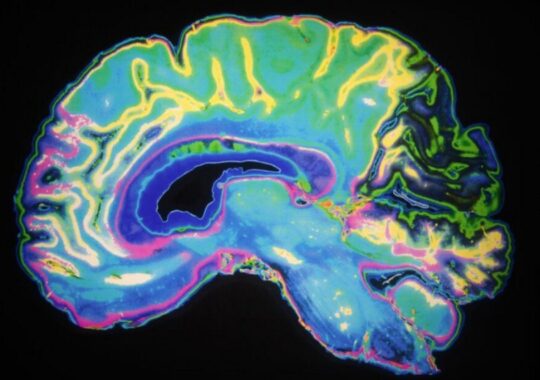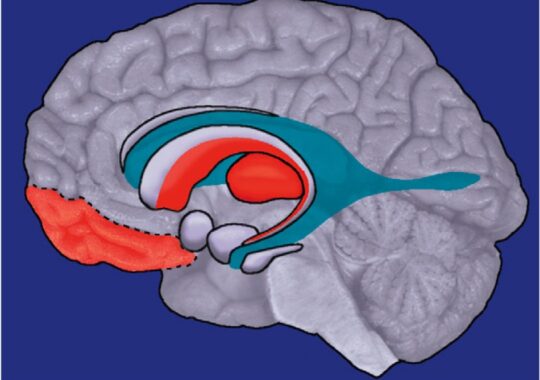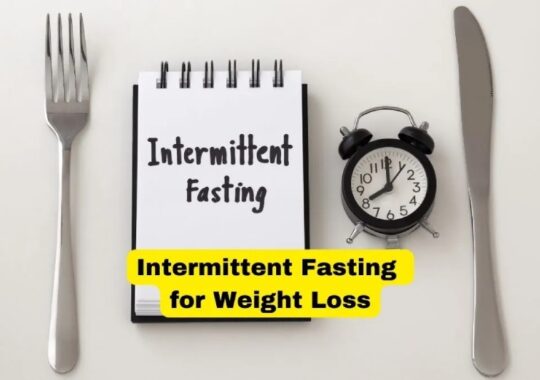CORVALLIS, Ore. — A pharmacy shelf may hold the key to better health as men age. Older men’s nutritional markers are positively impacted by taking vitamins and supplements on a daily basis, according to Oregon State University researchers.
Customers typically view multivitamins as a one-stop shop for all of their nutritional requirements that cannot be met through diet alone. However, research has not demonstrated conclusively that this connection exists.
According to a university release, Alexander Michels, a research associate at OSU’s Linus Pauling Institute, “Many older adults take a multivitamin, thinking it will help them stay healthy.” Multivitamins and disease risk have, however, been the subject of a variety of previous studies. We wanted to know the reason for all of the unpredictability. Is it possible that multivitamins don’t change nutrition biomarkers as well in older people?
For their double-blind study, a group of eight OSU researchers recruited 35 healthy men over the age of 68. The Centrum Silver supplement was given to half of the men, while the placebo was given to the other half. Throughout the course of the study, none of the participants were permitted to take any other supplements because they were unaware of what they were receiving. Vitamin D was an exception, provided that it was prescribed by a physician.
Tory Hagen, who was the study’s principal investigator and is also the Helen P. Rumbel Professor for Healthy Aging Research at the Linus Pauling Institute, states, “Our tests showed that many of these older men were not obtaining the optimal levels of several vitamins when the study started.” Therefore, there was undoubtedly room for improvement.
Significant differences were evident after six months. Nutritional biomarkers improved in the multivitamin group, whereas none did in the placebo group.
“A few of the members doled out to the fake treatment bunch had blood sustenance biomarkers fall during the review,” says Hagen, who is likewise a teacher of natural chemistry and biophysics at OSU. ” It recommends that food alone was sufficiently not to keep their nutrient and carotenoid steps up.”
Carotenoids are essential to human health and are yellow, orange, and red pigments produced by plants. One carotenoid that you may be familiar with is beta-carotene, which is a precursor to vitamin A found in carrots. White blood cells were tested because they are a part of the body’s immune system and were not used as a measure of disease risk in this study.
Hagen says, “We were amazed to find that the men who took the placebo showed a reduction in cellular oxygen consumption.” Oxygen consumption is a sign that a cell is functioning. This was not seen in men who took the multivitamin, recommending an association between nutrient status and white platelet capability that we are anxious to investigate further.”
This study may be the first step toward establishing the multivitamin’s effectiveness.
According to Michels, “Our evidence indicates that many older men could benefit from a daily multivitamin, but the response did vary from person to person.” In the future, multivitamin trials that evaluate disease risk will need to know who benefits most and why.
Disclaimer: The views, suggestions, and opinions expressed here are the sole responsibility of the experts. No Clear Insight Research journalist was involved in the writing and production of this article.





